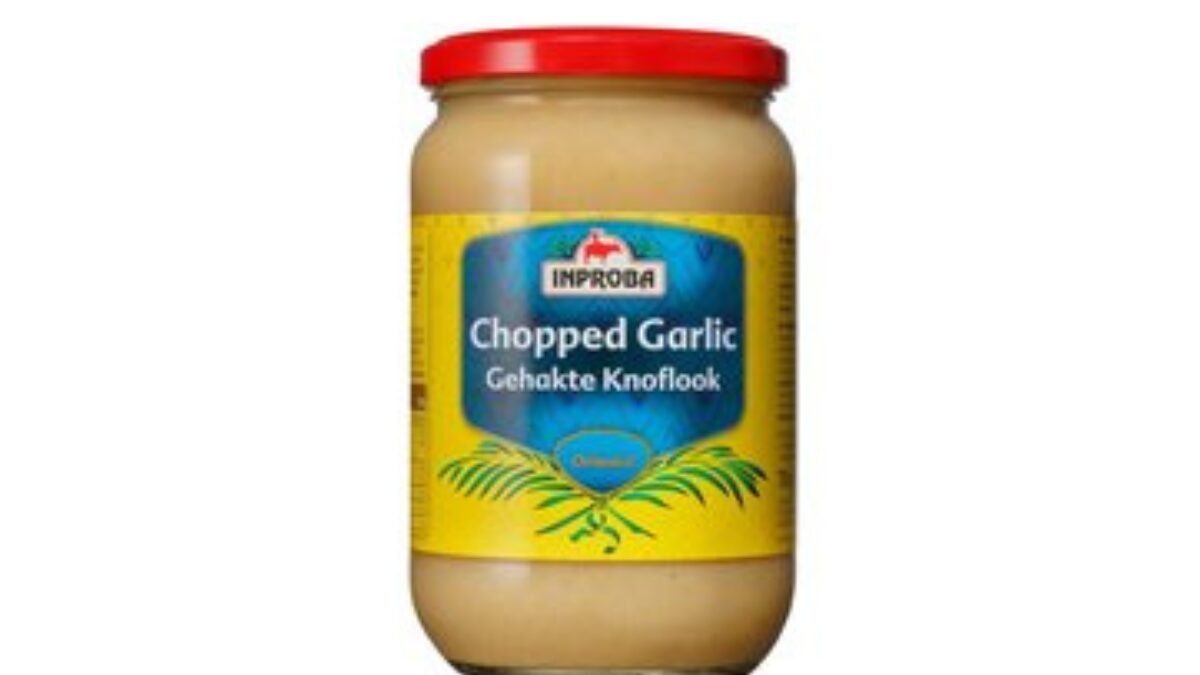Introduction
Salmon is a delicious and nutritious fish that’s popular among seafood enthusiasts. Whether you’ve just cooked up a fresh batch of salmon or have leftovers from a previous meal, knowing how long salmon can last in the fridge is essential for ensuring both safety and taste. In this guide, we’ll explore How Long Does Salmon Last in the Fridge, whether it’s cooked or raw, and provide you with tips on identifying spoiled salmon. We’ll also cover how to properly cook frozen salmon and reheat it to enjoy that delightful freshness all over again.
Shelf Life of Salmon
How Long Does Salmon Last in the Fridge?
Salmon, when properly stored in the fridge, can stay fresh for up to 2 days. It’s important to keep the salmon at a consistent temperature of 32°F to 38°F (0°C to 3°C) to ensure its quality. For longer storage, consider freezing the salmon.
How Long Does Cooked Salmon Last in the Fridge?
Cooked salmon has a slightly longer shelf life in the fridge compared to raw salmon. You can expect cooked salmon to stay fresh for about 3 to 4 days if stored properly. To maximize its freshness, store cooked salmon in an airtight container and place it in the coldest part of your fridge.
How long does Salmon Last in the Freezer?
Salmon can be safely stored in the freezer for up to 2 to 3 months, maintaining its quality and flavor when properly packaged in airtight containers or freezer-safe bags to prevent freezer burn.
For More Information VISIT
How to Cook Frozen Salmon?
Cooking frozen salmon is easy and convenient. Here’s a simple method to ensure your frozen salmon turns out delicious:
- Thaw the salmon: Ideally, thaw the salmon in the refrigerator overnight. If you’re in a hurry, you can use the defrost function on your microwave.
- Season: Season the salmon with your favorite herbs, spices, and a drizzle of olive oil.
- Cook: Preheat your oven to 400°F (200°C). Place the salmon on a baking sheet lined with parchment paper and bake for about 12-15 minutes or until the salmon flakes easily with a fork.
- Serve: Once cooked, serve your flavorful salmon with your choice of side dishes.
For More Information VISIT
How to Reheat Salmon?
Reheating salmon without sacrificing its texture and taste requires a gentle approach. Follow these steps to reheat salmon:
- Preheat: Preheat your oven to 275°F (135°C).
- Wrap: Wrap the salmon in aluminum foil, creating a loose pouch to prevent drying out.
- Reheat: Place the wrapped salmon on a baking sheet and heat in the oven for about 10-15 minutes, or until warmed through.
- Serve: Once heated, enjoy your reheated salmon with a squeeze of lemon or your preferred sauce.
Related: How Long To Bake Salmon
How to Tell if Salmon is Bad?
What Does Spoiled Salmon Look Like?
Identifying spoiled salmon is crucial to avoid consuming potentially harmful food. Spoiled salmon may appear dull and discolored. Fresh salmon has a vibrant pink or orange color, but if it looks grayish or off-color, it’s likely spoiled. Additionally, check for any signs of mold or unusual growth on the surface.
What Does Spoiled Salmon Taste Like?
Spoiled salmon often has an unpleasant taste that is quite different from its fresh counterpart. It may taste sour, fishy, or overly rancid. If your salmon tastes off or unpleasant, it’s best to discard it.
What Does Spoiled Salmon Smell Like?
One of the most telling signs of spoiled salmon is its odor. Fresh salmon has a mild, ocean-like aroma. On the other hand, spoiled salmon emits a strong, pungent smell that resembles ammonia or rotten eggs. If you detect such an odor, it’s a clear indication that the salmon has gone bad.
For More Information VISIT
Conclusion:
Preserving the freshness of salmon is essential for enjoying its delectable taste and health benefits. Raw salmon can last up to two days in the fridge, while cooked salmon has a slightly longer shelf life of about three to four days. Remember to watch out for signs of spoilage, such as off-color appearance, unpleasant taste, and strong odor.
Additionally, cooking frozen salmon is a breeze with a few simple steps, and reheating it can be done while maintaining its succulence. By following these guidelines, you can savor the deliciousness of salmon while ensuring your meals are both safe and enjoyable.










